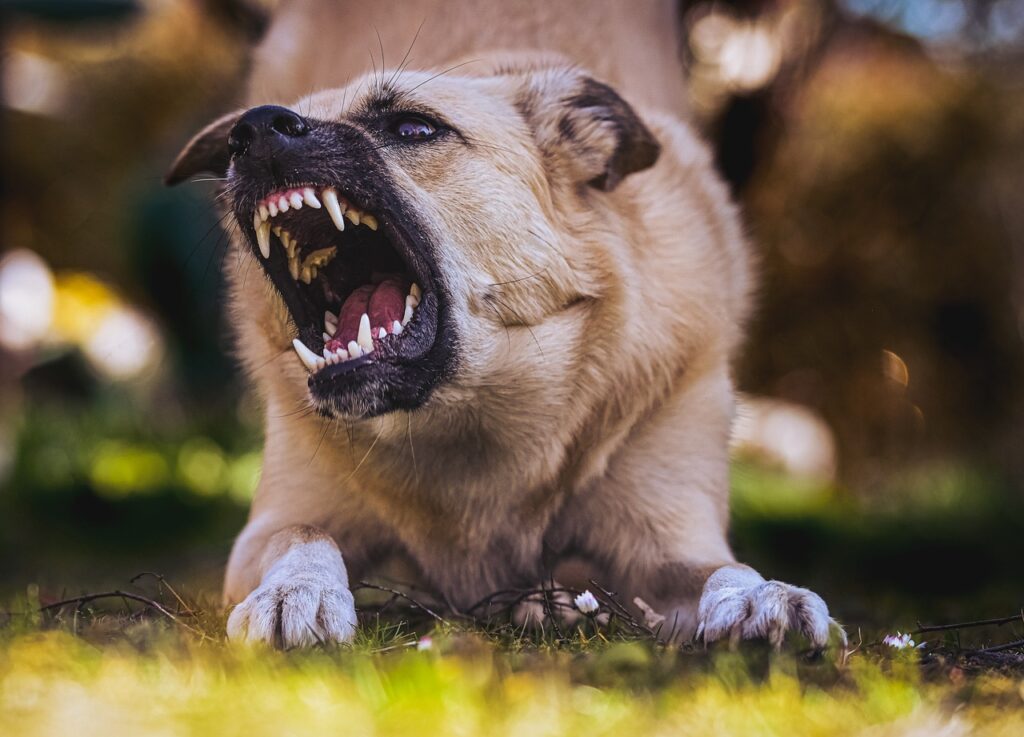In the enchanting universe of dog ownership, few subjects seem to stir up as much debate and confusion as the issue of canine aggression. But what lies behind the fiery eyes of a seemingly volatile pooch?
Can neutering really act as a panacea, effectively extinguishing this flaming behavior? Or, are we looking at a more complex interplay of factors?
Table of Contents
What Is Neutering?
Before diving headfirst into the crux of the matter, it’s essential to understand what neutering entails. The term ‘neutering’ refers to the surgical removal of an animal’s reproductive organs. In male dogs, it involves the removal of the testicles, a procedure also known as castration.
This is a routine surgery performed by veterinarians, designed to prevent unwanted breeding and potential health problems.
Neutering and Aggression: Unraveling the Connection
Now to the burning question, ‘will neutering a dog stop aggression?’ It’s a common belief among many dog owners, but the reality is slightly more convoluted. Indeed, neutering can lead to a reduction in certain types of aggression, especially those triggered by hormones, such as inter-male aggression and territorial aggression.

However, it’s not a guaranteed fix nor a one-size-fits-all solution.
Factors That Influence Canine Behavior Post-Neutering
A multitude of factors influence a dog’s behavior following neutering. This includes:
- Age at Neutering: Dogs neutered at a younger age often exhibit fewer aggressive behaviors than those neutered later in life.
- Training and Socialization: These play crucial roles in a dog’s behavior, and no amount of surgery can replace good training and socialization.
- Individual Temperament: Each dog, like a snowflake, is unique, and individual personality traits greatly influence behavior post-neutering.
Understanding the Potential Benefits and Risks of Neutering
While neutering has its share of benefits – from preventing unwanted litters to reducing hormone-driven behaviors – it also comes with potential risks. These may include weight gain, anesthetic risk during surgery, and in some breeds, increased likelihood of certain types of cancer.
Neutering is Not a Cure-all: Essential Considerations
Can we consider neutering as a magic wand that we wave to stop aggression in dogs? The answer, unfortunately, is a resounding no. Dog behavior is multifaceted and can be shaped by a myriad of factors, such as genetics, environment, socialization, and life experiences.
If aggression is an issue, it’s critical to approach it from various angles, considering training and behavior modification strategies, and consulting with a professional, such as a certified animal behaviorist or a veterinarian.
Alternatives to Neutering for Managing Canine Aggression
Neutering isn’t the only pathway to address aggression. Let’s look at a few alternatives:
- Professional Training: An experienced dog trainer can help correct aggressive behaviors and provide valuable insights into your dog’s behavior.
- Positive Reinforcement: This approach rewards good behavior, helping dogs make positive associations and learn acceptable behaviors.
- Behavior Modification Therapy: This involves changing a dog’s emotional response to a trigger, reducing aggressive reactions.
- Consultation with a Veterinary Behaviorist: They can provide expert guidance on managing and treating aggression.
Conclusions
In essence, neutering can help curb certain types of aggression in dogs, especially those related to hormones. However, it’s not a silver bullet. It’s crucial to understand the root causes of aggression and consider a holistic approach that encompasses proper training, socialization, and possibly professional help.
Remember, owning a dog is a journey filled with twists and turns. Understanding and addressing aggression is just one part of this remarkable adventure.
Dogs, like us, are unique individuals with their own quirks and idiosyncrasies, requiring understanding, patience, and above all, love.
Will neutering stop aggression in your dog? It might. But even if it doesn’t, countless avenues are open for exploration. Stay curious, remain compassionate, and let your journey with your furry friend be an unforgettable saga of love, understanding, and mutual growth.


Dennis and Becca, have always shared a passion for man’s best friend. As dog enthusiasts, they put together articles that inform, engage, and captivate fellow dog lovers.